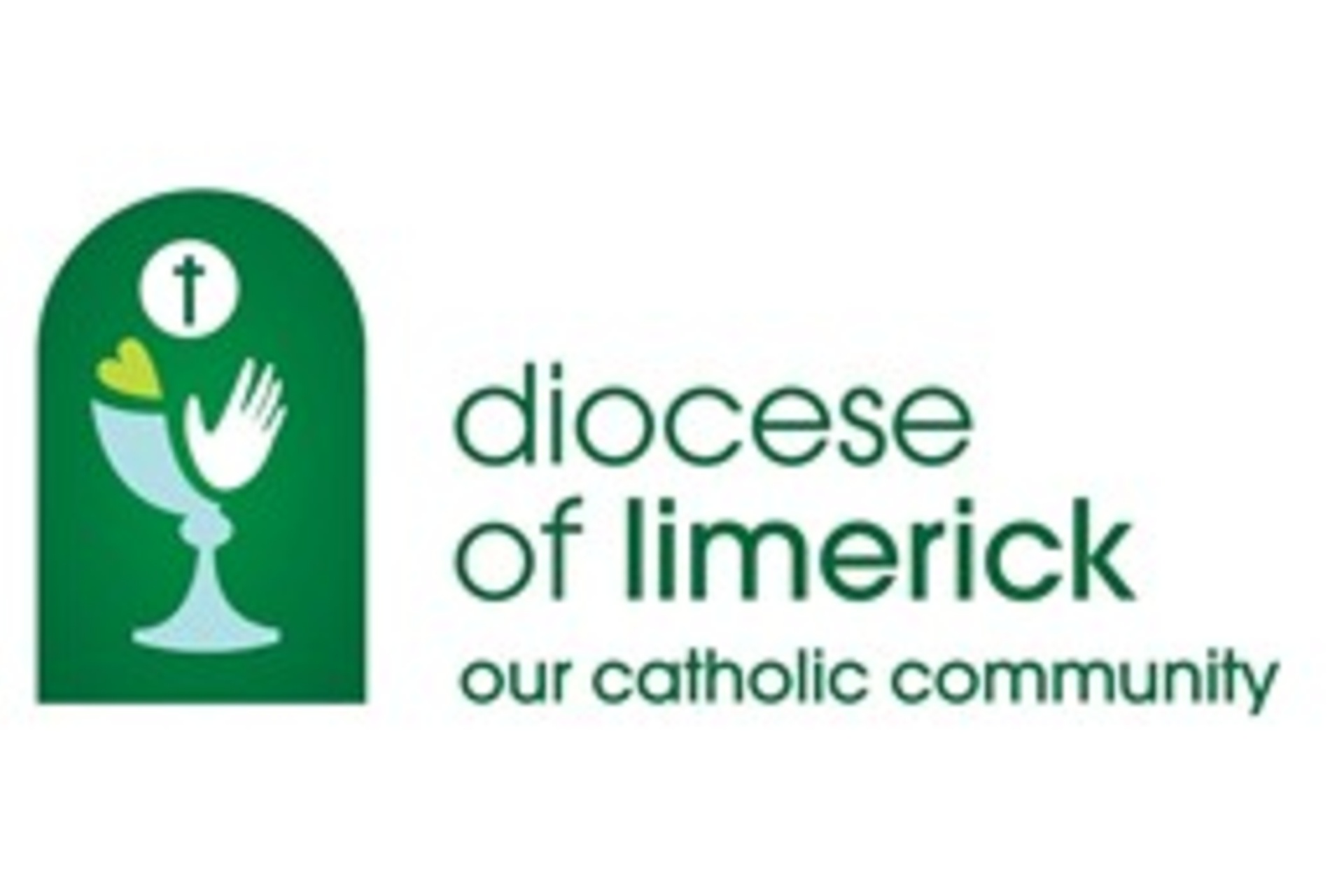- 23
- Apr
- 2025

Requiem Mass for Pope Francis
St. John’s Cathedral, April 23rd, 2025
We’ve heard so much about Pope Francis and seen so many images of him over recent days that I don’t want this evening to speak at length about his extraordinary life and ministry as Pope. As one commentator I read said: there isn’t much that Pope Francis didn’t speak out about at least once, and there aren’t many causes he didn’t advocate, whether they be spiritual, social or political. On practically every issue of modern importance – from personal conversion to nationalist populism, to the fragility of democracy, the abuse crisis and care of the marginalized – he had something to say.
We know he dreamed of a poor Church for the poor and became a voice for the voiceless for all sorts of people who were marginalised or oppressed. He actively promoted care for the planet. He accompanied families, young people and members of consecrated life. I myself witnessed his work in forwarding a Church that is more synodal, that is, more collaborative, involving all of us in working out together, in discerning, what God wants of us. I was so honoured to have attended the Synod gatherings in Rome in 2023 and 2024 during which I met Pope Francis often.
In terms of economics, Pope Francis advocated for a more just global system centred less on profit for its own sake and more on an equitable distribution of resources in service of the common good. And to cardinals, bishops and priests alike, he called us, at times in strong straight-talking, to a pastoral conversion in the way we go about our ministry. He pleaded with us to adapt “God’s style” as he called it, the style of closeness, tenderness and compassion. Mercy and hope were constant themes in his pontificate. And he is well known for his outreach to everyone, to people of other Christian churches and religions, as well as to those of other faith and moral convictions, engaging in dialogue with people in the arts, music and literature, education, sport and science, all the time with the desire to promote peace, unity and fraternity in our world that, as he so often said, is moving into a third world war piece meal.
Yes, we have much to reflect upon and be grateful for in Pope Francis’ pontificate. But this evening, I want simply to recall how much it was the Gospel and nothing but the Gospel that inspired Pope Francis. I would like to highlight how important the Gospel beatitudes were for Pope Francis: “Blessed are the poor in spirit, the meek, those who mourn, the peacemakers…”. He saw the Beatitudes as appealing not only to believers but also to many non-believers. As he noted, while Jesus’ sermon on the Mount beside the Sea of Galilee was primarily addressed to the disciples, it reached also the crowd who were that day representing all of humanity. In presenting the Beatitudes, Jesus reveals the way of happiness in life. Those who live them are blessed, that is happy, because they are progressing in what matters in life, they are moving along God’s path in living patience, poverty, service to others, consolation. Yes, the Beatitudes are the pathways to reach joy.
In his letter on holiness, Gaudete et Exsultate (Rejoice and be glad), Pope Francis wrote: “The Beatitudes are like a Christian’s identity card. So, if anyone asks: “What must one do to be a good Christian?”, the answer is clear. We have to do, each in our own way, what Jesus told us in the Sermon on the Mount. In the Beatitudes, we find a portrait of the Master, which we are called to reflect in our daily lives.”
For Pope Francis, the Beatitudes are not poetry. They are not just words of consolation at funerals. They push us to live another way of live, different to what is so often proposed to us in the world. They are words that unsettle us, challenge us and demand a real change in the way we live. Pope Francis was aware that the Beatitudes are not easy to live out. Our attempts to do so can be met with suspicion and ridicule. But we can take courage from the lives of the saints whose lives were shaped by the Beatitudes. The Beatitudes offer a framework of holiness.
We can be grateful for Pope Francis’ own example in living the Beatitudes. He remains a light for us. And, when it comes to our own efforts to live the Beatitudes, we can also take our cue from him. He turned so often to Mary asking her to help him because she lived Jesus’ Beatitudes as none other.
So, as we pray this evening for the repose of the soul of Pope Francis, we can take away two suggestions he made. First, that it will do us good to take Matthew’s Gospel, chapter 5, verses 1-11, and read the Beatitudes — perhaps a few times throughout the week — in order to understand this very beautiful way of life that the Lord offers us. Second, that we learn them off by heart so as to able to repeat them and have this law that Jesus gave us in our minds and hearts.